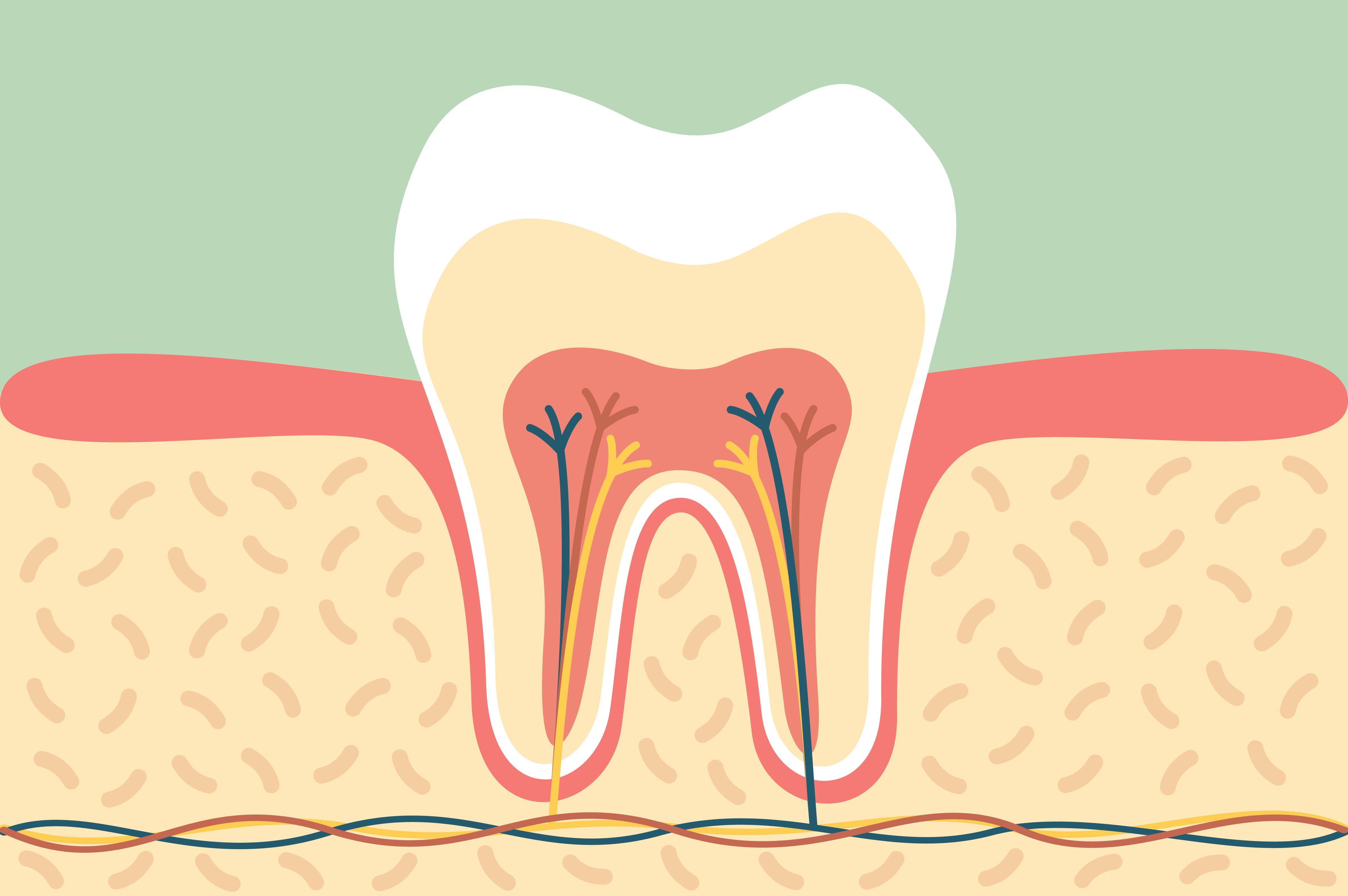Can adding a natural molecule to toothpaste and mouthwash promote oral health by fighting biofilm formation?
A new study looked at the effects of 3,3’-diindolylmethane (DIM), an amino acid metabolite that can disrupt the formation of biofilm.
Could a natural molecule help promote oral health by fighting the formation of biofilm and thus dental caries? In a new in vitro study published in Antibiotics1, researchers studied whether 3,3’-diindolymethane (DIM), otherwise known as indole, which is a metabolite of the amino acid tryptophan, could help decrease the formation of Streptococcus mutans. S. mutans is a key bacterial component of the biofilm that grows in the mouth. Oral biofilm adheres to the surface of teeth, where it can lead to development of dental caries.
In the study, researchers collected saliva from a healthy volunteer and then added a culture of S. mutans. The resulting biofilm was analyzed using scanning electron microscopy. According to researchers, DIM operated in a dose-dependent manner, inhibiting S. mutans biofilm formation by 92%, resulting in “considerably thinner biofilms.”
“Since biofilm formation by S. mutans plays a crucial role in caries promotion, its disruption and removal may be crucial in oral hygiene,” the researchers wrote. They further noted that “Dental caries is formed through a dysbiosis of the oral microbiota found in the biofilm on the tooth surface.”
Based on the results, they concluded, “This study demonstrates the possible usefulness of DIM in mitigating pathogenic oral biofilms and consequently chronic dental caries.” They advised additional studies be conducted to further examine DIM’s mechanism of action.
Reference
- Baruch, Y.; Golberg, K.; Sun, Q.; Gin, K.Y.H.; Marks, R.S.; Kushmaro, A. 3,3’diindolylmethane (DIM): a potential therapeutic agent against cariogenic Streptococcus mutans biofilm. Antibiotics. 2023, 12 (6), 1017. DOI: 10.3390/antibiotics12061017
Standardized valerian extract shows acute sleep benefits after one day, says recent study
December 10th 2024Results showed that after a single dose, people taking the Valerian extract experiences an acute benefit on sleep, namely a significant increase in actual sleep time compared to baseline.
